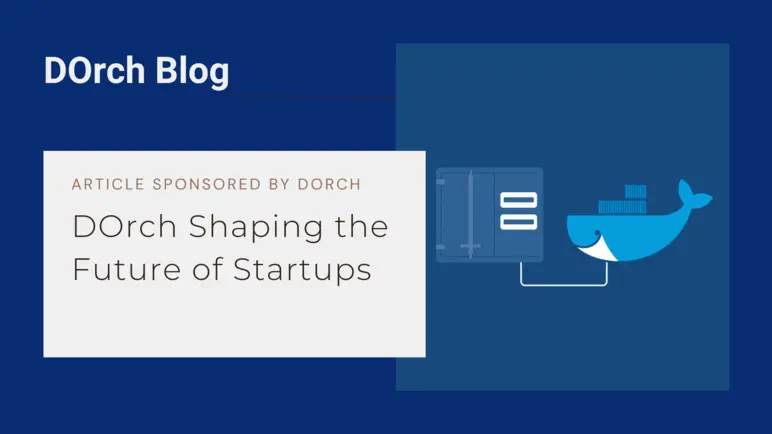Article Sponsored By: DOrch Starter
Host containers without setting up underlying Infrastructure. From as low as $1. DOrch Managed Cloud suits both small and large teams. Click here to learn more
Why Throwing Money at Problems Won't Work: The Importance of Efficiency in AI Research
Published: February 2, 2025: 5:10pmIn the world of business and technology, it's not uncommon to hear the phrase "money solves all problems." This mantra suggests that by throwing enough financial resources at a challenge, it will eventually be overcome. I once had a boss who subscribed to this philosophy, believing that if a technical difficulty was threatening our launch schedule, we could simply hire an engineer with better credentials to fix the issue. Similarly, if our website was slow, we could upgrade to a more powerful server. This approach may work for relatively simple problems that require minimal resources, but it's woefully inadequate for tackling complex, resource-intensive challenges.
The problem with relying solely on money to solve problems is that it ignores the importance of efficiency in achieving breakthroughs. Efficiency has always been a crucial element in driving innovation and progress. From the Industrial Revolution to the modern tech era, companies that have prioritized efficiency have consistently been at the forefront of their respective fields.
One of the most iconic examples of efficiency-driven innovation is Henry Ford's pioneering work in the automotive industry. By introducing the assembly line and streamlining production processes, Ford was able to make vehicles accessible to the masses. This breakthrough was not achieved by throwing more money at the problem, but rather by finding ways to optimize production and reduce waste.

Similarly, Apple's recent success with its M1 chip is a testament to the power of efficient engineering. By designing a custom chip that integrates multiple functions into a single, highly efficient package, Apple's engineers were able to deliver groundbreaking performance while minimizing power consumption. This achievement was not simply a result of throwing more money at the problem, but rather of clever design and a relentless focus on efficiency.
Elon Musk's success with SpaceX and Tesla is another example of the importance of efficiency in driving innovation. Musk's stubborn focus on efficiency has enabled him to achieve breakthroughs in fields that were previously thought to be impossible. From reusable rockets to electric cars, Musk's companies have consistently pushed the boundaries of what is possible through efficient design and engineering.
These examples illustrate a fundamental principle: that efficiency, not just money, is the key to solving complex problems. Unfortunately, it seems that front runners in AI are to yet grasped this principle. Despite already spending more than some entire countries could ever dream of in a year, they continue to prioritize raising more money over focusing on efficient engineering.

This approach is not only unsustainable but also ignores the fact that money is a finite resource. Eventually, even the deepest pockets will run dry. Furthermore, relying solely on money to solve problems can lead to a lack of innovation and creativity. When companies focus on throwing money at problems rather than finding efficient solutions, they can miss out on opportunities to develop new technologies and approaches that could lead to breakthroughs.
A recent example of the power of efficient engineering is the company Deepseek, which has achieved impressive results in AI research at a fraction of the cost of OpenAI. While Deepseek's methods may not be entirely polished, and some may question the true cost of their project, their achievement is undeniable. This serves as a testament to the power of efficient engineering and the importance of prioritizing this approach over mere financial might.
In conclusion, while money can certainly be a useful tool in solving problems, it is not a substitute for efficient engineering. Companies that prioritize efficiency and clever design will consistently outperform those that rely solely on throwing money at problems. As the examples of Ford, Apple, and Musk demonstrate, efficiency has always been a crucial element in driving innovation and progress. It's time for front runners in AI to take a step back and reevaluate their approach to problem-solving. By prioritizing efficiency and efficient engineering, they may just find that they can achieve more with less.
 The DOrch Team
Alexander Ray Storms, Inc
The DOrch Team
Alexander Ray Storms, Inc
Host containers without setting up underlying Infrastructure. From as low as $1. DOrch Managed Cloud suits both small and large teams




